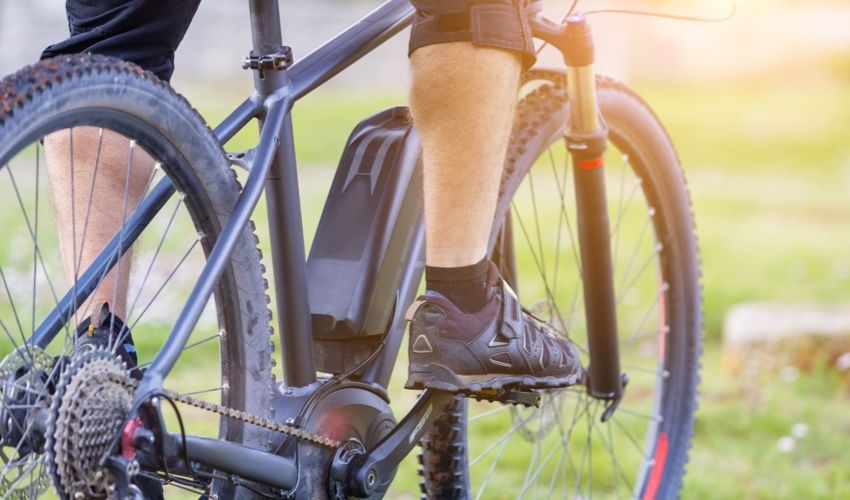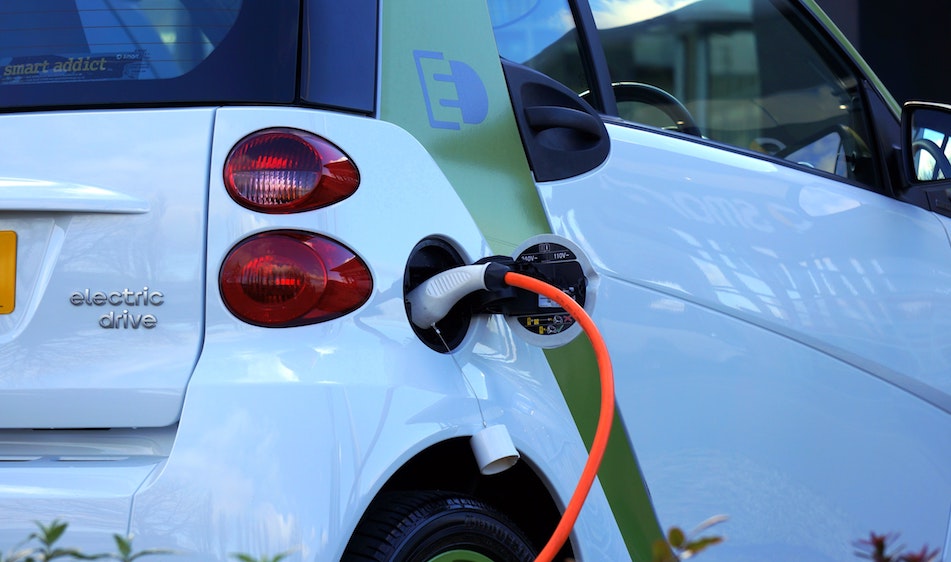


Business leaders would like to offer electric bikes to their employees, if the Government agrees to exempt them as a taxable benefit-in-kind.
The Chamber of Commerce believe that such a tax break would encourage staff to travel to and from work in a low-carbon, sustainable way, rather than drive.
The group has made a submission to a review of the Government’s mini-budget, which is being carried out by the Corporate Services Scrutiny Panel, chaired by Deputy Sam Mezec.
It says: “Within our consultation, Chamber outlined a proposal to examine and improve the personal tax benefit-in-kind exemptions.
“As an example, we would like to include the leasing and supply of electric bikes to employees for commuting as an additional employee benefit, and as part of a joined-up approach to the Jersey Sustainable Transport and Climate policies.
“Chamber is in ongoing consultation on this proposal.”
A benefit in kind is anything that an employee or a member of their family, receive, which is not money, from their employer.
These are provided either free or below the normal cost like free accommodation, discounted shares or transport.
However, there are a number of exemptions, which currently include business-related entertaining, crèche facilities, pool cars, and the provision of a car parking space.
Chamber would like electric bikes added to that list.
The Government is committed to ensuring the island produces no more carbon that it can capture by 2050. The Assembly passed its Carbon Neutral Roadmap in April, which the new Council of Ministers has agreed to implement.

Pictured: The Carbon Neutral Roadmap includes funding to subsidise the purchase of 1,200 electric vehicles, worth £4.3m.
It includes allocating £4.3m to subsidise the purchase of 1,200 electric vehicles, up to £3,500 on vehicles under £30,000, with the incentive linked to the price of the vehicle.
The Chamber’s contribution is not the only environment-related contribution to Deputy Mezec’s panel.
Jersey Electricity Chief Minister Chris Ambler said: “Jersey Electricity is strongly of the view that much of the housing stock would greatly benefit from investment in energy efficiency measures.
“While energy efficiency measures require upfront cash and take time to implement, they could in some cases lead to savings on energy bills of 20-30% and even as much as a 60% saving compared to those houses that are not efficient depending on the age of the building in question, its thermal efficiency and the interventions made.
“Investing in energy efficiency also helps to reduce the island’s dependence on imported energy and can make a crucial and meaningful impact on the environment by reducing carbon emissions and other particulate emissions that can be harmful to health.”
The mini-budget is due to be debated next week. It proposes a £56m package of measures to support islanders on low incomes through the current cost of living crisis.
There are six amendments. One, from Deputy Mezec, proposes ending the ‘20 means 20’ tax band and moving every taxpayer to the marginal relief rate, with the basic rate reducing from 26% to 25%.
Comments
Comments on this story express the views of the commentator only, not Bailiwick Publishing. We are unable to guarantee the accuracy of any of those comments.